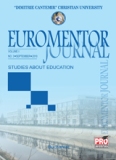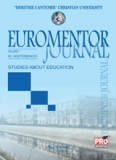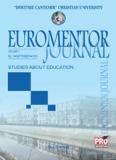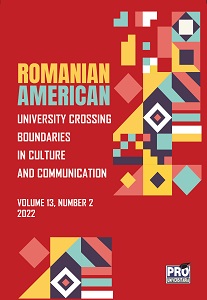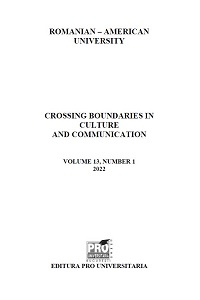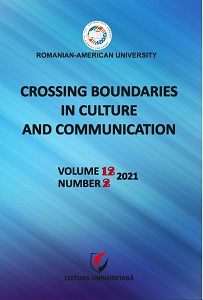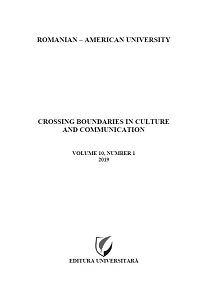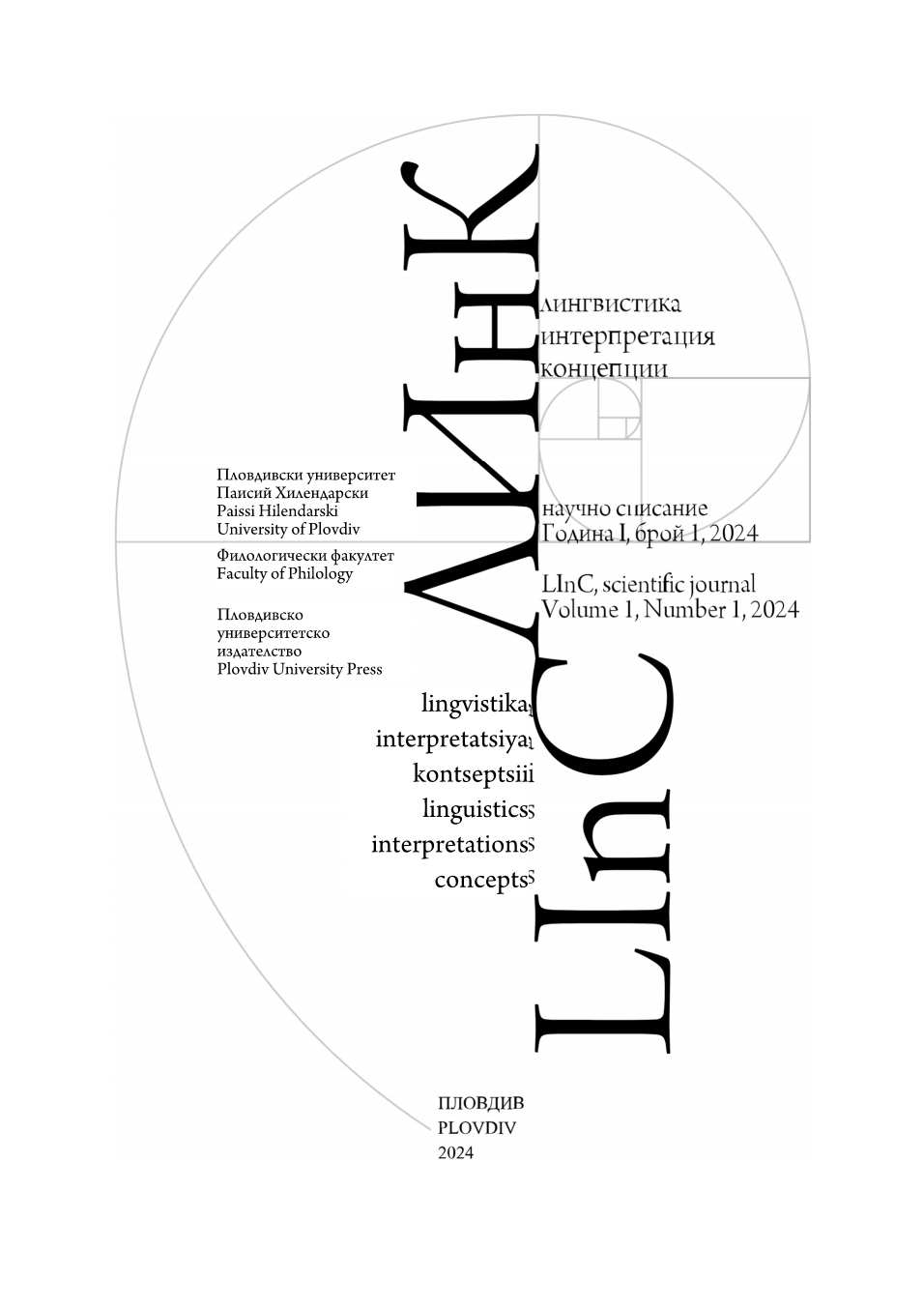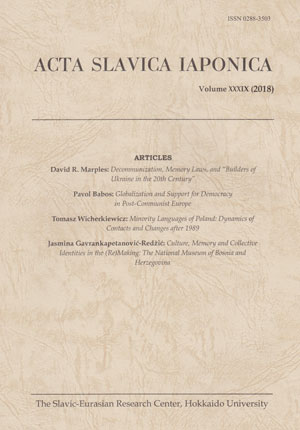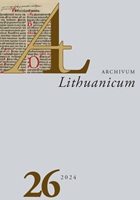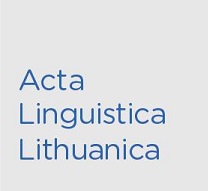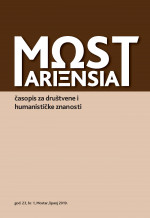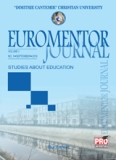
FORMATION OF THE RESEARCH SKILLS OF THE FUTURE TEACHERS OF PRIMARY SCHOOL: EDUCATIONAL-CONTENT RESOURCE OF THE EXPERIMENTAL RESEARCH
The article reveals the problem of formation of research skills of the future teachers of Primary school. It is proved it is advisable to realize according to such stages of the professional training of the future teachers of the Primary school: the preparatory, project-research and educational-professional. In particular, in the educational-methodical tutorial “The Methodic of Labor Training and Artistic Work” the content of the independent and individual work is proposed in the logical consequence according to the project activity. The content of the course “The Technology of Projecting within the Primary School” which is revealed in the educational tutorial, is oriented on the development of different groups of research skills. The educational textbook “The Modern Technologies of the Acquaintance of Younger Pupils with the Objects of Nature” contains the author’s topics for the Term papers, based on the project activity which allows improving the level of the research skills. There are presented the results of the experimental research of the future primary school’s teachers, which proves the effectiveness of the developed educational-content resource."
More...
